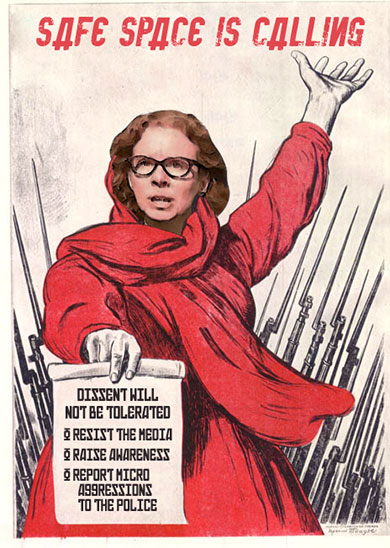News Story of the Day: Healthcare costs in the United States are expected to soar, says a new report from Goldman Sachs. Healthcare costs, which are part of the Federal Reserve’s inflation analysis, are poised to accelerate. A part of the reason is soaring labor costs, while services are a close second.
There are four policy measures that have become important factors for this segment (courtesy of Bloomberg News):
-
The 2013 Sequestration resulted in reductions to Medicare spending that weighed on core PCE inflation by roughly 0.1 percentage points that year, though this effect has dissipated.
-
Payment reforms as part of the Affordable Care Act reduce the annual inflation updates Medicare providers receive in a bid to control spending. These effects will continue to shave a few basis points off core inflation in the years to come, Phillips said.
-
One-off payment changes applied to “disproportionate share hospitals” weighed on core inflation in late 2015 and early into this year. “Through October, these changes probably explain about 0.75 percentage points of the undershoot in PCE health inflation, and around 0.15 percentage points in core PCE inflation,” he wrote.
-
Coverage expansion increased Medicaid enrollment. As health care providers receive lower payments from Medicaid than private insurers, this likely restrained core PCE inflation by 0.1 percentage points in 2014 and exerted a smaller drag this year.
“Health inflation typically outpaces economy-wide inflation, but over the last couple of years the health sector has actually been running well below the rate of core inflation,” writes economist Alec Phillips. “Taken together, these factors suggest that policy-related effects are holding down year-on-year PCE health inflation by about 1.1 percentage points at the moment, reducing core inflation by around 0.2 percentage points on a year-on year- basis.”
Chart of the Day: MarketWatch posted a very interesting chart compiled by the United Nations. The chart looks at exactly where immigrants go to. Unsurprisingly, immigrants travel primarily to Canada, the United States, Australia and several Western European countries. Also unsurprisingly, immigrants tend to avoid Latin America, Africa and most of Asia.

Illustration of the Day: Melissa Click, a professor of mass media at the University of Missouri, has become the poster child for political correctness, intolerance of free speech and fighting against dissension. Click, as you may very well know, is the one who kicked a reporter off campus because he wanted to ask questions and she then asked for “muscle” to push him off the premises. You can find more info here. InfoWars made a hilarious illustration that pretty much sums up Click and others like her.

Quote of the Day: Mark Perry of the American Enterprise Institute summarizes the supporters’ endorsement of the minimum wage perfectly:
“Maximize the monetary wages earned by some unskilled and limited-experience workers through government fiat, without regard to the many inevitable delayed, hard to measure, and invisible negative consequences of such policies on: a) unskilled workers and b) the companies that hire those workers.”
Video of the Day: Note to all students: if you want to steal the wealth of the affluent in this world and demand “free” government education then do not try to sound like Keely Mullen, a Million Student March National organizer. This second-hand embarrassment was difficult to watch, even if you oppose this woman’s positions. But perhaps she was out of her element since she wasn’t in her safe space and there were no trigger warnings around.
If we are supposedly the richest country on earth I think we can afford to educate some people for free!. Lies. They don’t pay those taxes. They avoid them how is it possible these Billionaires get richer. Bill Gates used to have 50 billion now he has 74 billion. How does that translate.